3 tips for teaching kids to be a good sport
“That’s not fair”
“You cheated!”
“I never win!”
Sound familiar?
Most kids have a tough time navigating games where there is a clear winner, or when they feel a sense of unfairness. This is because they are still learning! Getting comfortable with losing, being flexible with not going first or getting the color game piece they want, and having patience taking turns all takes LOTS of practice. It is still cognitively challenging for young children to see “fairness” because they are still growing into their capacity for perspective taking, which is why it is important to start now!
Here are tips to help teach.
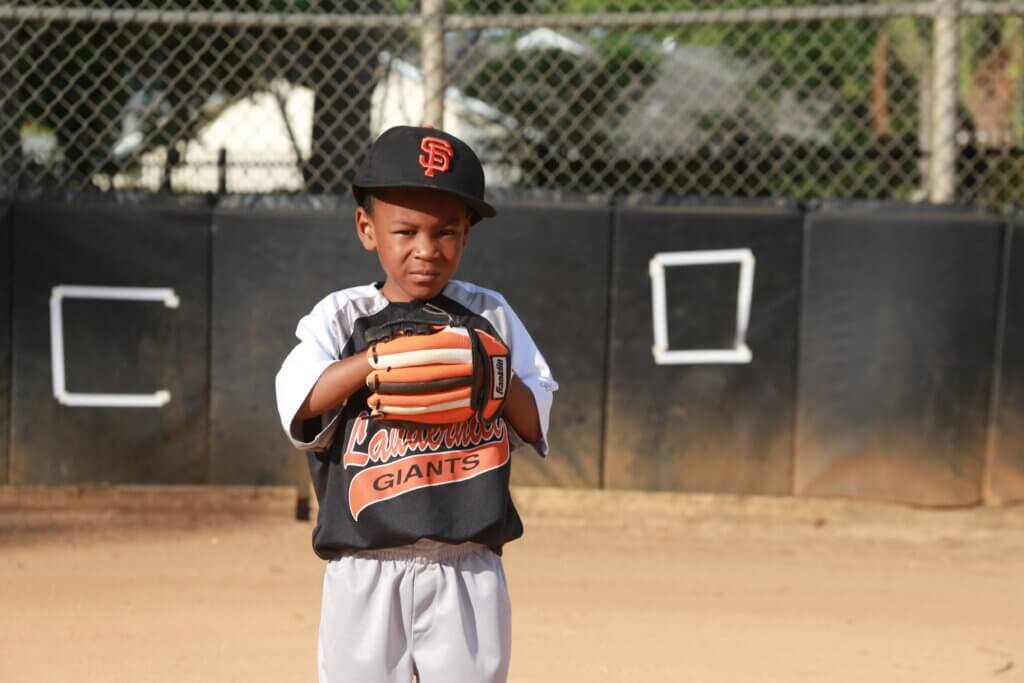
Teach what a good sport is
Good sports are helpful not hurtful (i.e. encouraging), play by the rules, shake hands and say good game at the end, help clean up the game, and keep it fun. Think about what matters to you or any values from your own experience playing games or sports and add them into this definition for your own children. This becomes your framework for teaching and following through with firmness.
Model and teach explicitly while playing
In order to practice, have a dedicated “game night” or time where you really double down on teaching. Start young! Read the rules of a game aloud to determine who goes first or teach rock paper scissors (instead of just letting them go first all the time). Use a card holder for small hands and play “open” to scaffold games.
Model encouraging phrases (both for yourself and them):
“I noticed your strategy! That was a tricky move.”
“I got lose a turn AGAIN! I am not giving up. it’s not over until it’s over!”
“Great game! You won. I’m excited to try again next time.”
Play the game with stuffed animals so you can “teach” the stuffies alongside them about playing by the rules and shaking hands and cleaning up the game at the end. If you want them to learn to keep it fun, then notice your OWN attitude during the game. Keep it positive and if and when things start to go sideways just ask “are we still having fun?”
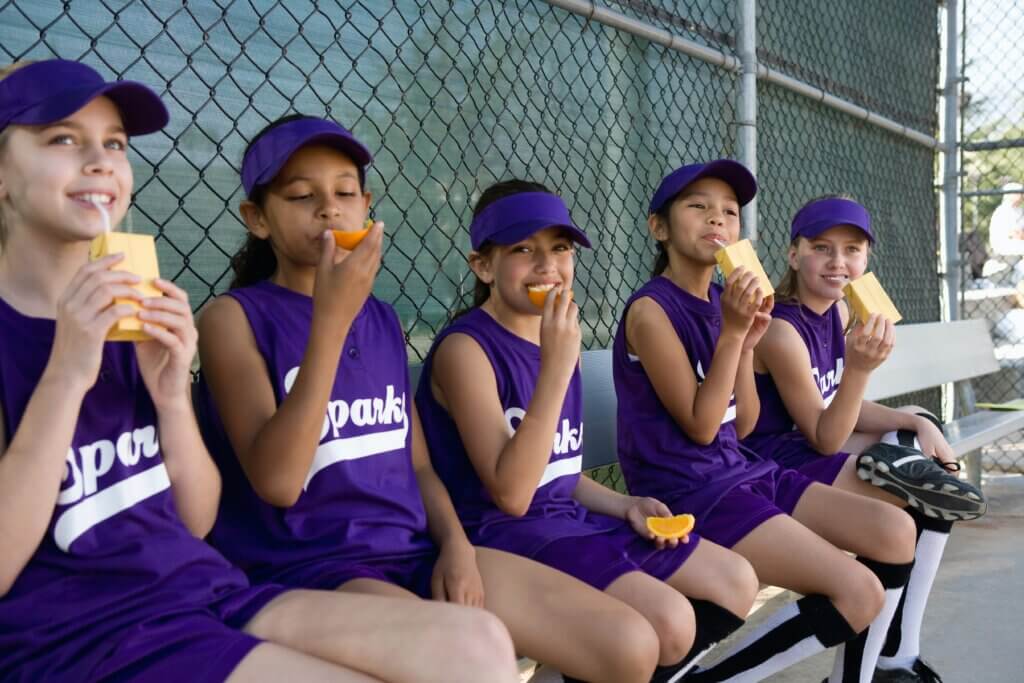
Set clear limits
Be firm about the rules of sportsmanship. Kids feel a sense of ownership with this.
“We all clean up the game so we can all play it again next time.” (If they don’t clean up, they don’t play it the next time!)
“We play fair in our family.” (Call them on it when they cheat!)
When they meltdown because of fairness or losing, be clear that it is hard to lose AND they are practicing being able to sit with that discomfort. Give them a big hug and let them know that you will keep playing and practicing with them so it gets easier.
When they are calm you can ask questions to lean into teaching. “What was hard for you about losing? What did you learn? What do you want to try next time?” Brainstorm ideas together and phrases they can say when they lose. Practice saying it while taking a deep breath to cue their body later in real time to do this too. This incorporates strategic thinking before you start any game and normalizes the losing process. Next time you play a game, practice before you begin what to do at the end of the game whether winning OR losing.
Looking for private coaching? We offer coaching for parents and caregivers all over the world. Check it out here.


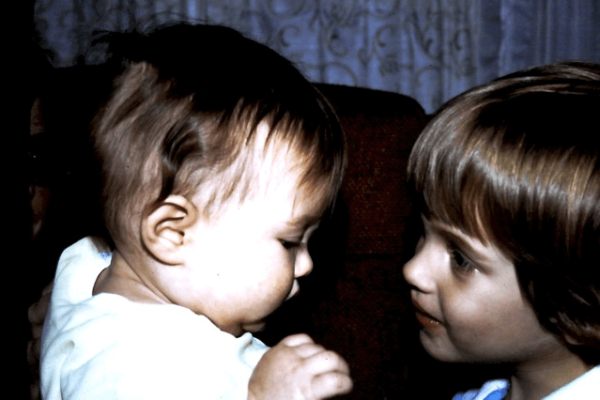
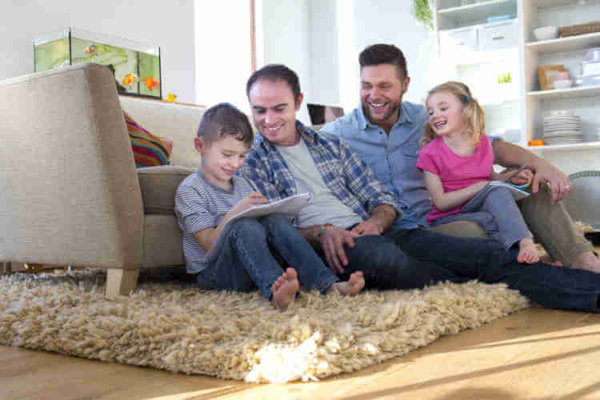
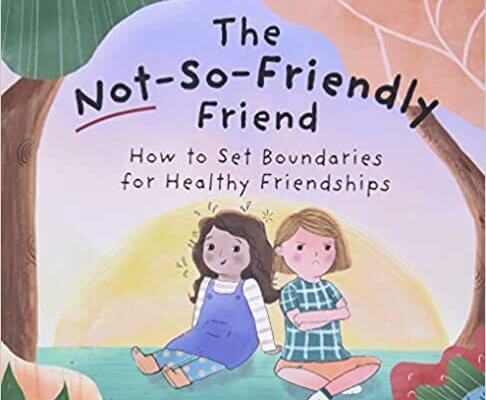
Comments